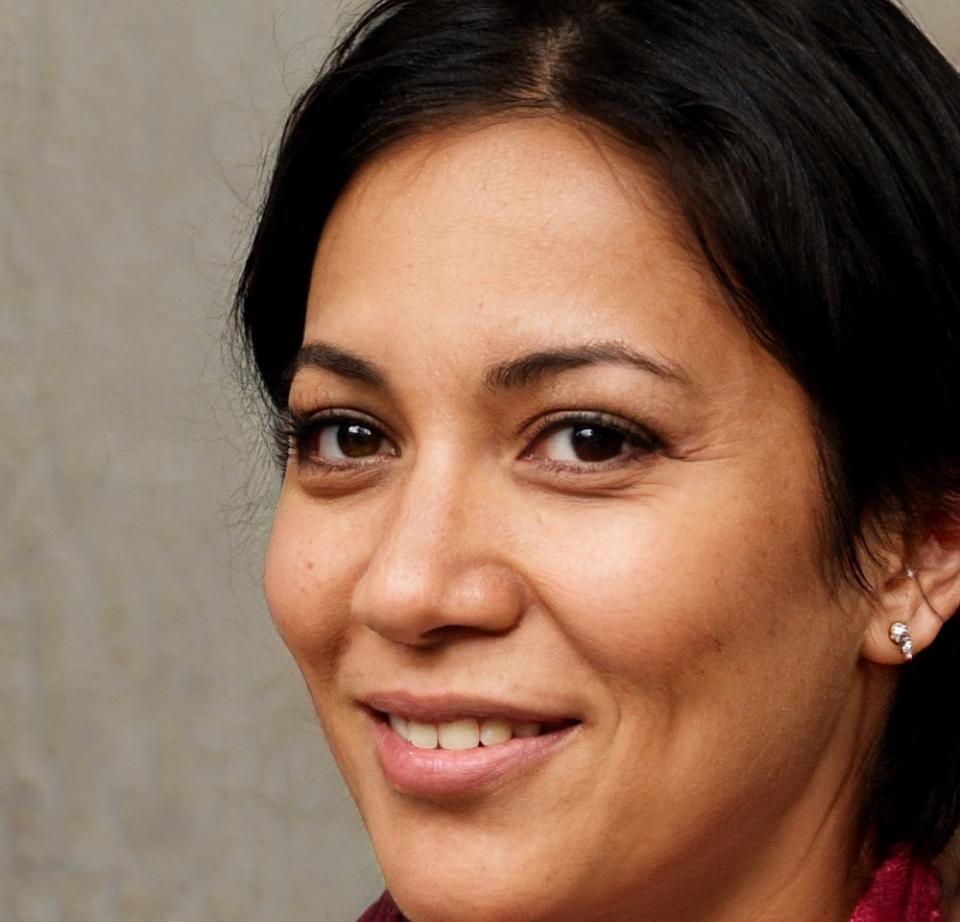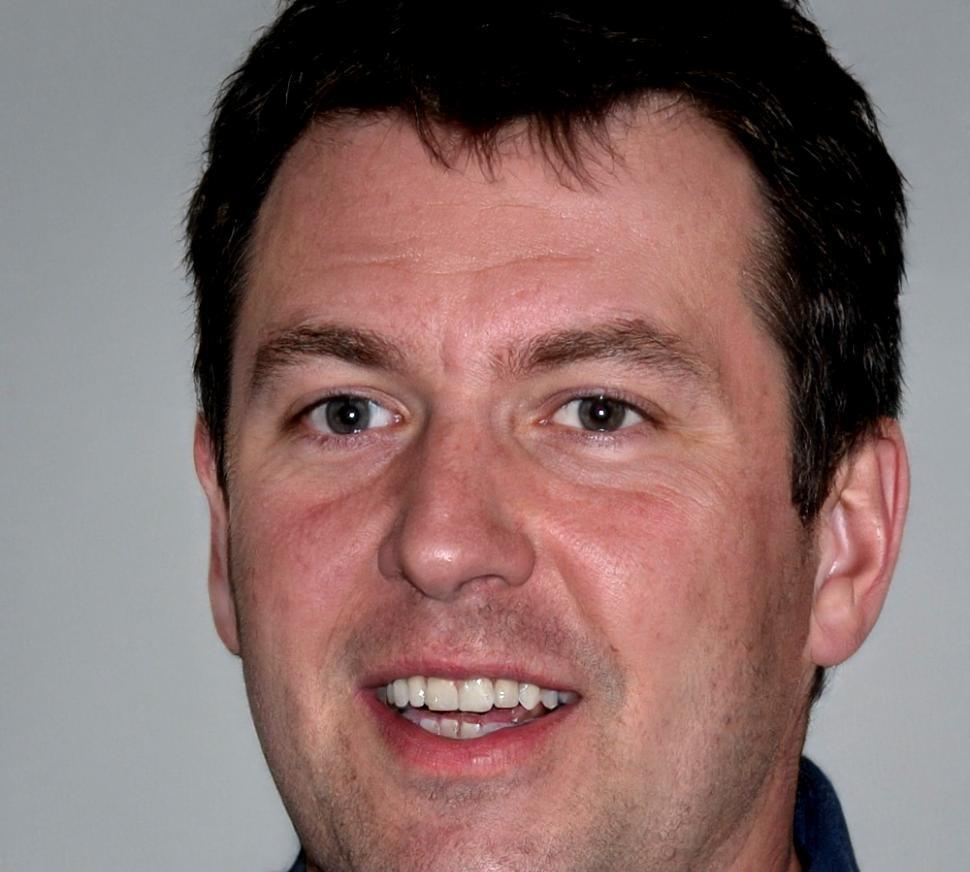Building Financial Understanding That Lasts
We believe education changes everything. For over six years, we've helped people develop the knowledge and confidence to make informed investment decisions.
What Drives Our Mission
Every decision we make stems from three core beliefs that shape how we approach financial education and support our learning community.
Knowledge Before Action
We start with understanding fundamentals because rushed decisions often lead to disappointment. Real investment success comes from grasping concepts deeply, not chasing quick wins.
Honest Conversations
We discuss both market gains and losses openly. Financial education shouldn't sugar-coat reality – it should prepare people for actual market conditions and realistic expectations.
Individual Path Focus
Everyone's financial situation differs. Cookie-cutter advice doesn't work, so we teach frameworks and principles that adapt to personal circumstances and goals.
How We Think About Teaching
Financial education works best when it connects abstract concepts to real experiences. We've found that people retain information longer when they can see immediate applications to their own situations.
-
Small group discussions help people process complex topics and learn from different perspectives on the same material
-
Real case studies from 2020-2024 market conditions give context that theoretical examples simply can't provide
-
Practice exercises using actual financial data build confidence before people make real investment decisions
-
Follow-up support continues for six months after course completion because questions arise when applying knowledge

Cordelia Thorne
Chief Learning Officer
"The best financial education happens when people feel safe to ask questions and make mistakes in a learning environment."

Benedict Ashworth
Senior Investment Educator
"I've learned as much from student questions as they have from our curriculum. Teaching keeps me grounded in what really matters."
Our Commitments to Students
These aren't marketing promises – they're standards we hold ourselves to and measure our success against each quarter.
Clear Communication Always
No financial jargon without explanations. If something sounds confusing, we'll break it down until it makes sense. You'll never leave a session wondering what terms mean or feeling lost in complex concepts.
Realistic Timeline Expectations
Building investment knowledge takes months, not weeks. We'll be upfront about how long concepts take to master and what you can reasonably expect to accomplish within specific timeframes based on your starting point.
Continued Learning Support
Questions don't stop when courses end. Our monthly Q&A sessions and resource library remain available to graduates because applying knowledge brings up new challenges that deserve thoughtful responses.